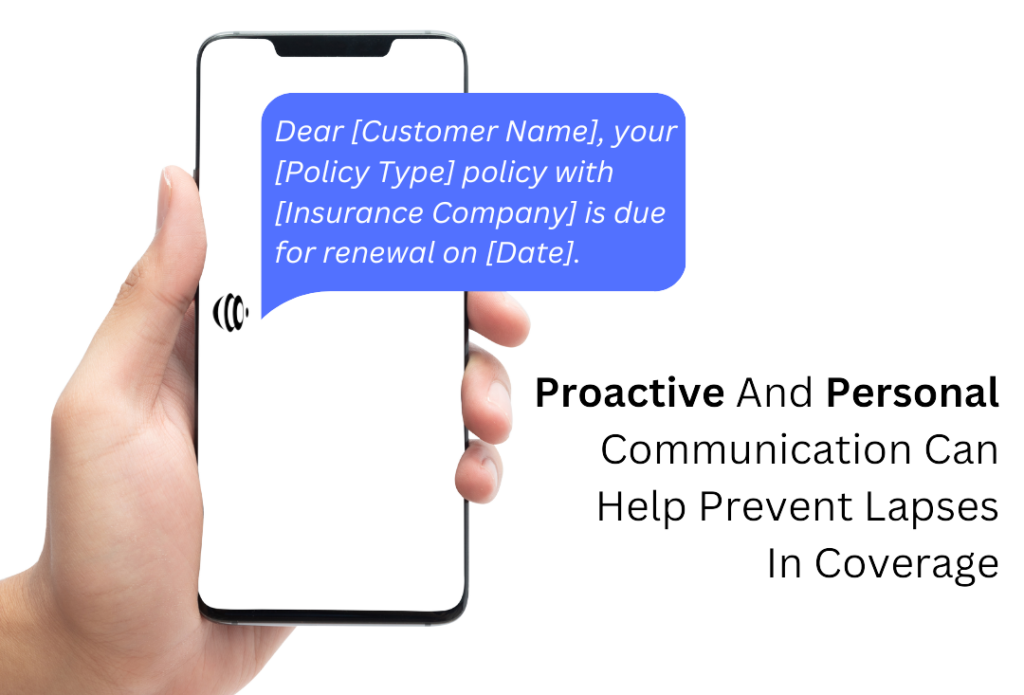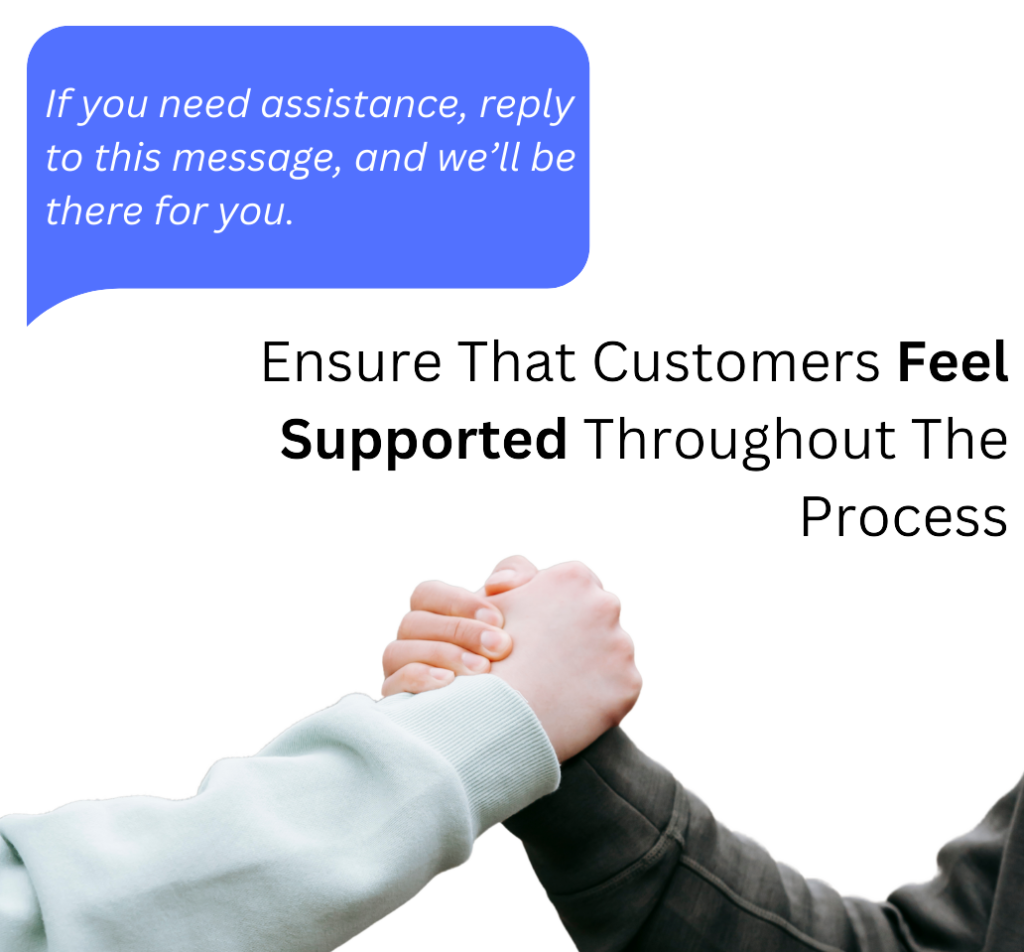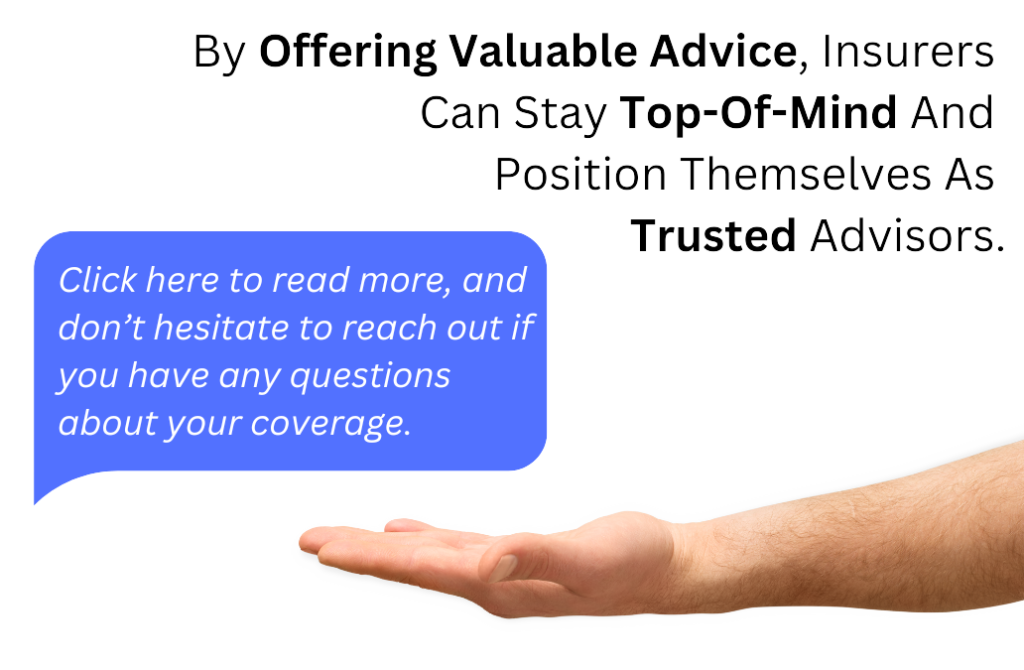The insurance industry operates in a landscape where trust, reliability, and timely communication are paramount. Customers rely on their insurance providers not just for protection but also for guidance during crucial moments in their lives. However, maintaining effective communication and building lasting relationships in such a regulated and data-intensive environment presents unique challenges.
Communication Challenges in the Insurance Industry
One of the key challenges in the insurance industry is ensuring clear, consistent, and compliant communication. With a diverse customer base that spans across various demographics, tailoring messages to individual needs while adhering to strict regulatory standards can be complex. Miscommunication or delays in providing critical information can lead to customer dissatisfaction, loss of trust, and even legal repercussions.
Another significant challenge is managing customer engagement throughout the policy lifecycle. From onboarding to claims processing, customers expect timely updates and personalized support. However, the sheer volume of policies, claims, and inquiries can overwhelm traditional communication methods, leading to slow response times and generic messaging.
Additionally, finding ways to engage customers proactively, offering value-added services, and providing timely advice are essential to fostering loyalty.
Given these challenges, insurance providers need a robust communication strategy that combines efficiency with personalization. CRM Messaging emerges as a powerful tool to address these needs, enabling insurers to enhance customer interactions through effective messaging.
1. Personalized Insurance Policy Updates and Reminders

One of the most critical aspects of customer communication in the insurance industry is keeping policyholders informed about their coverage, renewal dates, and any changes to their policies. CRM Messaging allows insurers to send personalized updates and reminders, ensuring that customers are always aware of important details.
Example: “Dear [Customer Name], your [Policy Type] policy with [Insurance Company] is due for renewal on [Date]. Please review your coverage and let us know if you’d like to make any changes. We’re here to help!”
This kind of proactive and personal communication not only prevents lapses in coverage but also demonstrates your commitment to customer care.
2. Streamlining Claims Processing

The claims process is often a stressful time for customers, and delays or lack of communication can exacerbate their anxiety. CRM Messaging can streamline this process by providing real-time updates and facilitating quick responses to customer inquiries. By keeping customers informed at every step, insurers can reduce frustration and build trust.
Example: “Hello [Customer Name], we’ve received your claim for [Claim Type]. Our team is reviewing it, and we’ll update you within 24 hours. If you need assistance, reply to this message, and we’ll be there for you.”
This ensures that customers feel supported throughout the process and are less likely to experience uncertainty.
3. Enhancing Customer Onboarding in Insurance
The onboarding process sets the tone for the customer’s relationship with their insurer. CRM Messaging can enhance this experience by providing a guided, personalized introduction to their policy, coverage details, and available resources. This not only helps customers feel more confident in their choice but also reduces the likelihood of future misunderstandings.
Example: “Welcome to [Insurance Company], [Customer Name]! Here’s a quick overview of your [Policy Type] policy and what it covers. If you have any questions, just reply to this message. We’re here to make sure you’re well-protected.”
A well-informed customer is more likely to be a satisfied and loyal one.
4. Cross-Selling and Up-Selling Opportunities
CRM Messaging also provides a platform for personalized cross-selling and up-selling opportunities. By analyzing customer data, insurers can identify potential needs and offer relevant products or services, such as additional coverage or new insurance products. This approach not only increases revenue but also adds value to the customer relationship.
Example: “Hi [Customer Name], we noticed you’ve been with us for over a year. Did you know you can add coverage for [Specific Need]? Click here to learn more or reply to this message, and we’ll help you customize your policy.”
This targeted messaging can encourage customers to explore more of your offerings and feel more secure in their coverage.
5. Providing Value-Added Services and Support
Beyond the core insurance products, customers appreciate value-added services that enhance their experience. CRM Messaging can be used to offer educational content, tips on reducing risks, or alerts about upcoming events that might impact their coverage. These messages help insurers stay top-of-mind and position themselves as trusted advisors.

Example: “Dear [Customer Name], with the storm season approaching, we’ve put together some tips to help you protect your home. Click here to read more, and don’t hesitate to reach out if you have any questions about your coverage.”
By offering valuable advice, insurers can deepen customer relationships and demonstrate their commitment to customer well-being.
Conclusion
In the highly regulated and competitive insurance industry, effective communication is key to building and maintaining strong customer relationships. CRM Messaging provides insurers with the tools they need to deliver personalized, timely, and compliant communication that meets the unique needs of their customers.
From onboarding to claims processing, and beyond, CRM Messaging helps insurers create a seamless and engaging customer experience.
At CRM Messaging, we understand the challenges of the insurance industry and offer solutions that empower insurers to connect with their customers in meaningful ways. Ready to elevate your communication strategy? Connect with our experts to start building stronger relationships today: Book A Demo


